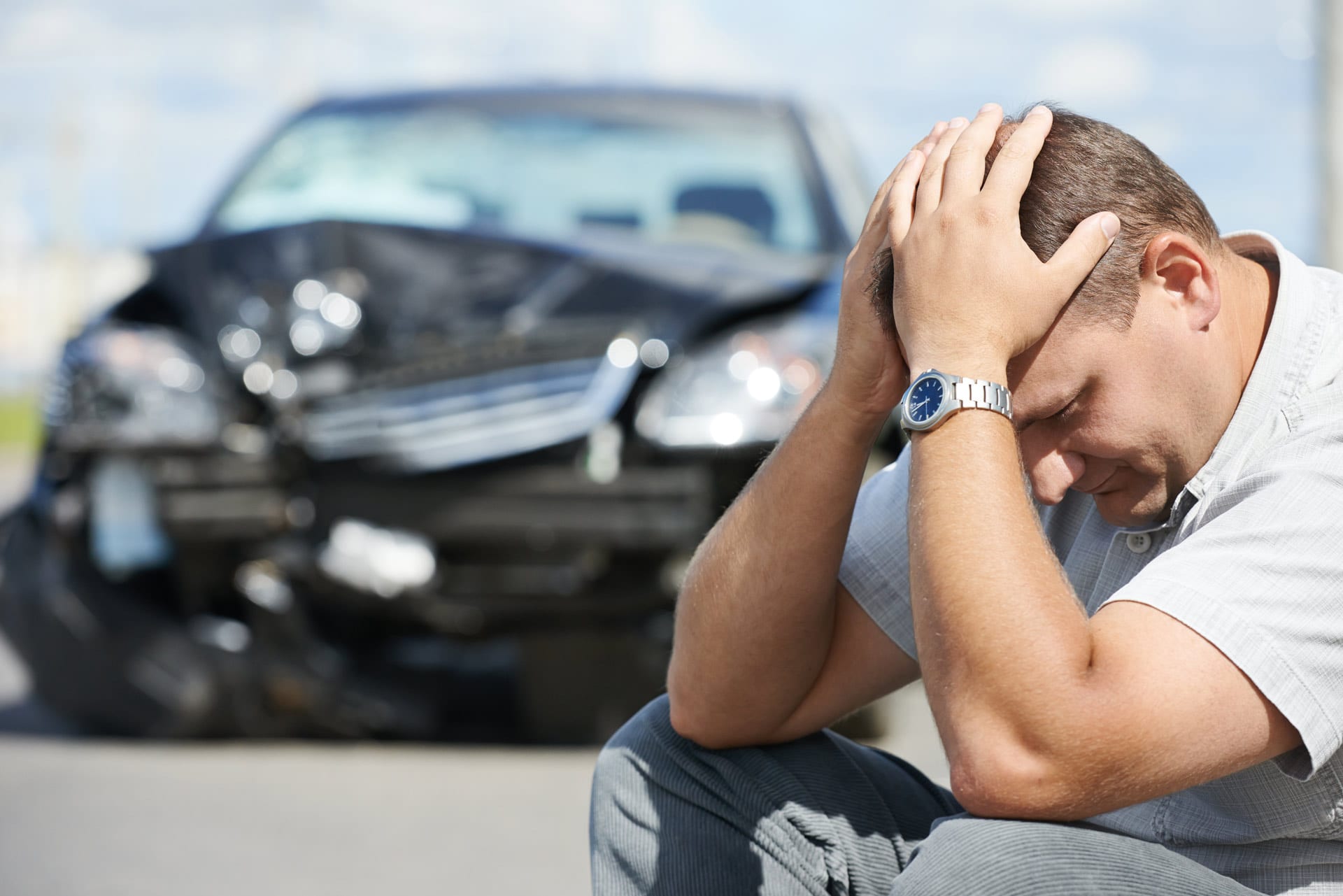Most of the time, when we are in a traffic accident, we focus on the physical damage. However, to what extent is psychological first aid necessary and how can it help victims?
In an emergency situation, uncertainty, fear, anguish and the management of the situation come together in a completely unknown environment, priorities begin by ensuring the life and physical health of the injured person, although we must work at a multidisciplinary level in all spheres of the human being: biological, psychological and social. The first moments after a traffic accident are characterized by chaos and a series of emotional reactions that, although normal, can make it difficult to solve the problems that must be faced, both the injured and the family. Texas Law Help to provide take care and resources that cover your basic needs, given the circumstances and the anxiety generated post-accident. We also promote and normalize emotional expression and other adaptive stress responses, since they serve as a coping mechanism and relief of accumulated emotional tension. All this to ensure that the person takes control of the situation safely and begins to assimilate it, avoiding future problems triggered by ineffective emotional management.
What are the most common disorders?
An unexpected event, such as a traffic accident, generates helplessness and disorientation, which triggers panic reactions, paralyzing reactions or flight reactions, which hinder the decision-making capacity and the reflective capacity. The first emotional reactions, which can lead to anxiety symptoms such as palpitations, nausea, fear, anger, etc. They are transitory and normal reactions that act as a defense mechanism and that prepare to alert the person to face the traumatic situation. Emergency psychologists try to put these defenses in motion, but when the person is faced with situations that exceed their coping and adaptation tools and cannot restore balance, these reactions can become more durable and maladaptive. The normal thing is that the situation that is considered traumatic affects the quality and quantity of sleep, the appetite and increases irritability. Somatic aches and pains (such as headaches, stomach aches, or muscle aches) may also arise. The main emotional symptoms are related to anxiety and sadness. Over time, a progressive reduction in these symptoms is expected, but sometimes months go by without any improvement being observed, leading to more chronic processes, such as post-traumatic stress disorder, pathological grief, risk of suicide, chronic fatigue , anxiety disorders and depressive disorders. Stomach or muscle aches). The main emotional symptoms are related to anxiety and sadness. Over time, a progressive reduction in these symptoms is expected, but sometimes months go by without any improvement being observed, leading to more chronic processes, such as post-traumatic stress disorder, pathological grief, risk of suicide, chronic fatigue , anxiety disorders and depressive disorders. Stomach or muscle aches). The main emotional symptoms are related to anxiety and sadness. Over time, a progressive reduction in these symptoms is expected, but sometimes months go by without any improvement being observed, leading to more chronic processes, such as post-traumatic stress disorder, pathological grief, risk of suicide, chronic fatigue , anxiety disorders and depressive disorders.
What risks do these types of disorders pose for the families of the victims?
We cannot treat people only from the physical realm. When a person suffers a traffic accident, their whole world is altered, at least for some time. This also includes their emotional, family, work, economic, social level … and they are all interrelated. Traffic accidents are unexpected, so family members has little time to assimilate a new, unknown and serious situation. A traffic accident leads a family to a redistribution of roles and family dynamics, in addition to the uncertainty and fear already mentioned. The family is one of the main sources of support for victims of traffic accidents and, therefore, we must also take care of them.


